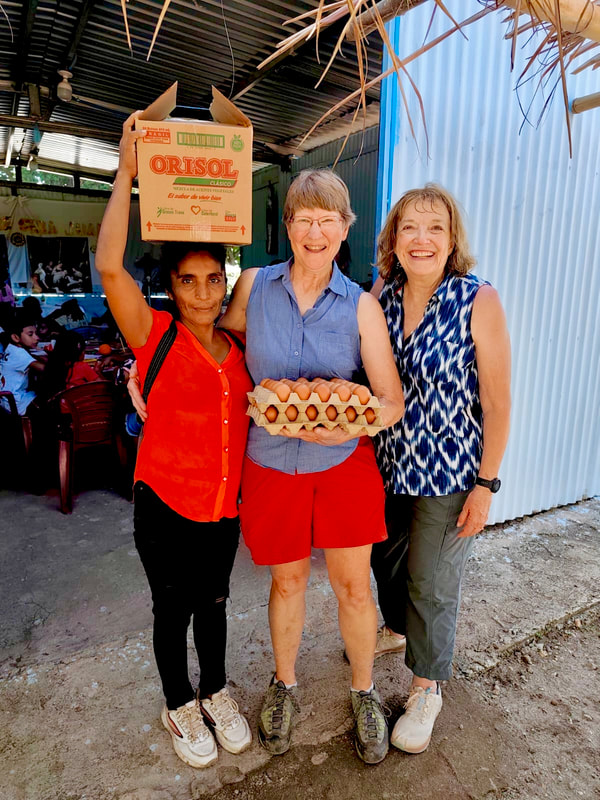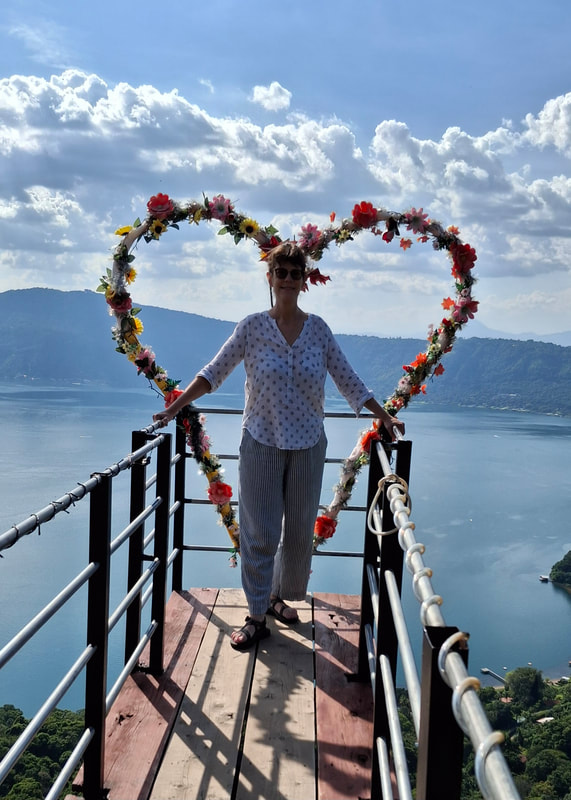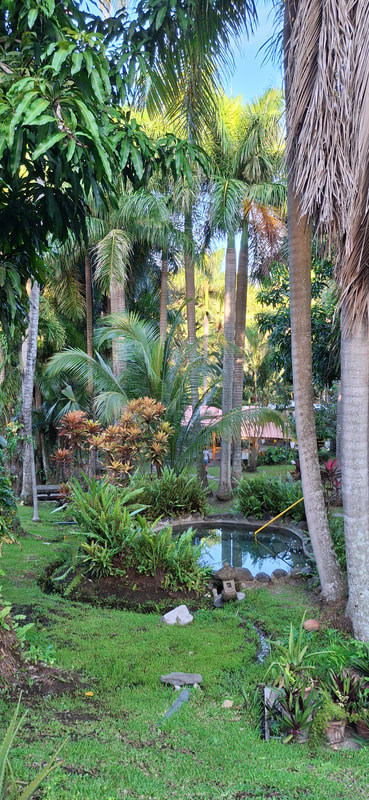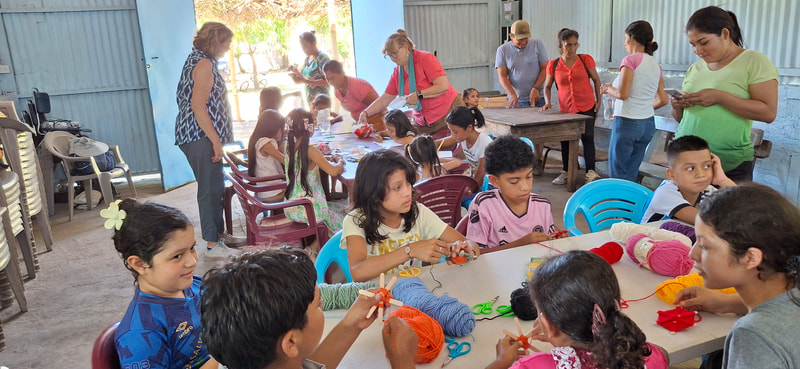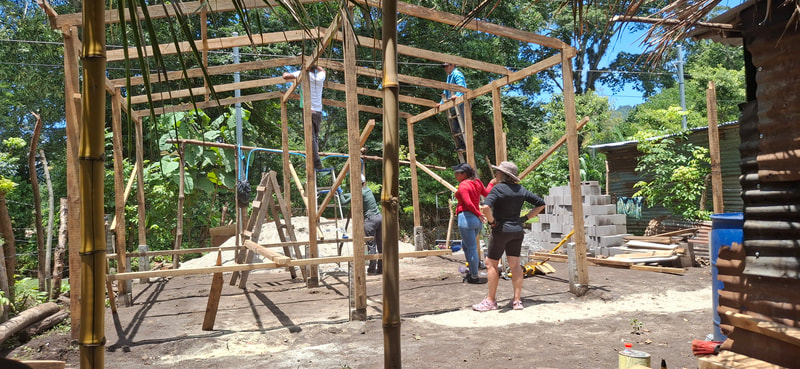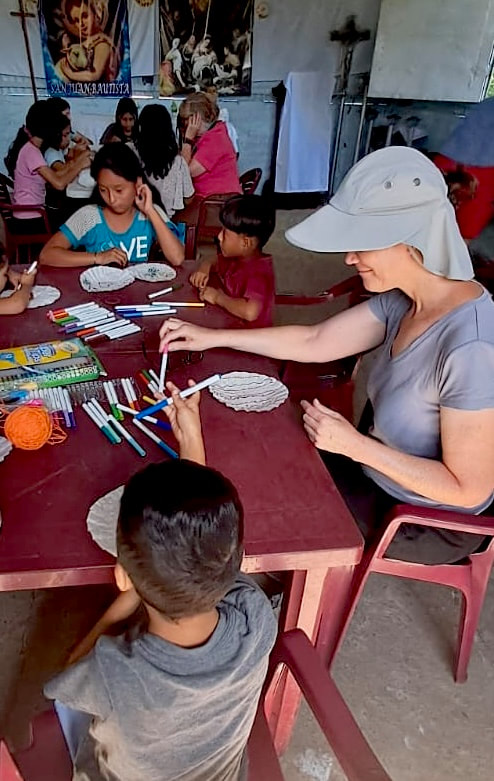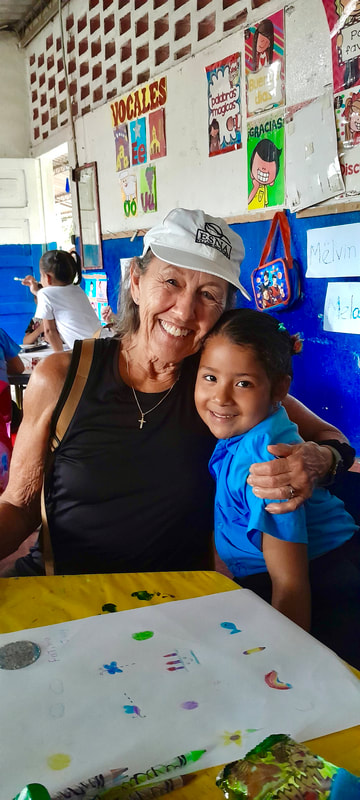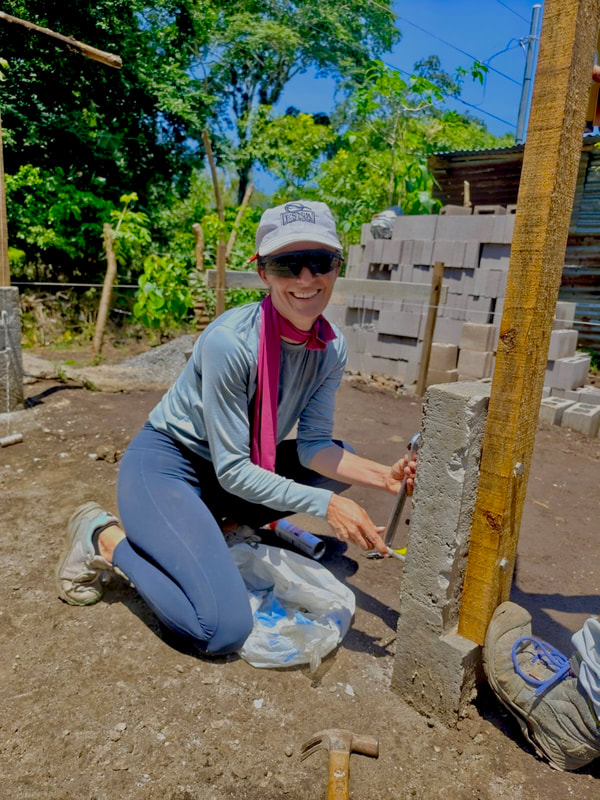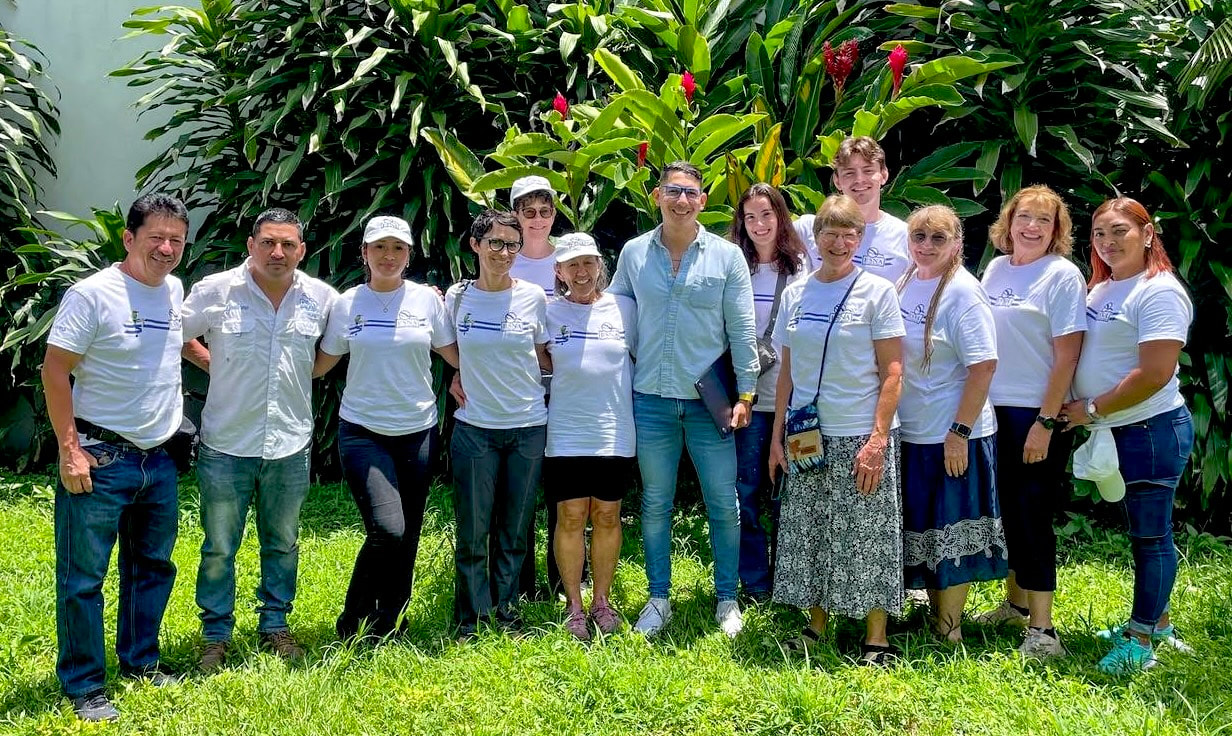Our Country’s Greatest Sin
by Tom Acker
I have been invited to write a column for the GVUU’s newsletter. Many topics come to mind but the one I have been most mindful of is the tsunami of white supremacy and extreme capitalism, i.e.
corruption, that are destroying both our society and our natural environment.
Using these terms: white supremacy and extreme capitalism may cause a portion of my audience to move on to other reading matter. I can provide factoids to support my assertion, but that tactic tends not to help convince someone of a different mind.
What may be more helpful is to trace some of the statements by leaders in this project of trying to persuade the American (i.e. US.) public to see that this is the case, that the U.S. is suffering from amnesia in its unwillingness to recognize the multigenerational trauma committed against the people of color of this country by its unrepentant white supremacy.
Two of the most convincing proponents, for me, have been W.E.B. Du Bois (1868-1963) and James
Baldwin (1924-1987). Both men provide a perspective that is critical of the prevailing narrative of U.S. triumphalism. Du Bois’ writings are based on his academic research, especially his exceptional study Black Reconstruction in America 1860-1880 and, in Baldwin’s case, his intense lived experience as a gay Black man and informed observer of the American civil rights movement both in his vantage points from France and Turkey and Harlem, in the U.S.
In the case of Du Bois, he lays out a convincing argument illustrating through historical documentation how the failure to completely implement Reconstruction in the U.S. during and after the Civil War marked what could have been comparable to the Reformation, the French Revolution and other great achievements of humankind, freeing the four million enslaved African Americans and introducing suffrage, access to land and education, for poor southern whites as well as Black freedmen. However, the Reconstruction project was derailed. The unreconstructed Confederate states were allowed to return, under the Johnson administration with all their rights to the U.S. Congress, and with rare exceptions, with unrepentant Confederate representatives in the lower and upper houses, and , in so doing, to stop the implementation of the abolitionist plans that Stephens and others had designed through the Freedmen’s Bureau and other projects such as sending U.S. troops to former confederate states in order to protect new African American voters and their leaders.
Instead of realizing the great democratization of the U.S. and setting an example for the world that white supremacy was a myth as demonstrated by the achievements of the post civil war freed slaves, there was unleashed a horrific vengeance on the part of the southern planter class and the poor working class whites that coincided with the corruption of Northern investors taking advantage of the yet to recover south. The freedmen and women were left in the southern states at the mercy of the black codes, the Ku Klux Klan and the wave of violence that is estimated to have included more than 4000 lynchings, not only of Black Americans, but of Mexicans, Chinese and Italians throughout the south and southwest in the states that were formerly Mexico.
According to Du Bois, subsequent to the failure of Reconstruction, came another failure in the US: the publication of American history books used throughout our educational systems, that propagandized generations of U.S. students with a false recounting of 1870-1876 reconstruction as a failure due to the ignorance and cowardice of the Black freedmen.
The history documented by Du Bois, was one where courageous and intelligent Black men led efforts to ratify new states’ constitutions throughout the south. These leaders were elected to seats in statehouses throughout the south as well as in the U.S. Congress. However, those achievements
were only possible while there was protection from the federal government. After the brief window of opportunity, the federal government withdrew the troops from the southern states and the petitions for land were denied. Darkness blighted the south and black codes and racist suppression took root and lasted for three quarters of a century. This reality was largely denied by the U.S. establishment. Today, we are struggling to ensure that future generations hear the truth about that pivotal episode of U.S. history.
This was the reality of the Black freedmen’s tragic history. And because of the unfulfilled obligation of the U.S. to achieve its democracy in its fullest, James Baldwin, one of the country’s greatest critics wrote “To be black and conscious in America is to be in a constant state of rage.” But the example of Baldwin was one of love. “I love America more than any other country in the world, and, exactly for this reason, I insist on the right to criticize her perpetually. ” he bravely proclaimed.
His generation of African American leaders included Martin Luther King, Rosa Parks, Malcom X,
Stokely Carmichael and hundreds of unnamed others that demanded the U.S. fulfill this obligation to recognize our failings and realize our duty to extirpate white supremacy from our country’s culture by first recognizing the suffering it has inflicted on generations of Americans and work to right those wrongs. Their courageous efforts to force the country to change resulted in the violent deaths by assassination of some and legal persecution of others. If we desire to see our country complete the democratic project and insist it carry out this legacy , we must ensure that education and funding programs, some that may take the form of financial indemnification of the communities that have suffered and are still suffering from the evil of white supremacy.
Our democracy is very much still a work in progress.
El Salvador Trip
From July 20 - August 2, 2025, Diane Brown went to El Salvador with ESNA Village Network to help build two shelters/houses and improve one for a very poor rural village devasted by the Revolutionary War from 1980-1992. As well as being part of a humanitarian mission, Diane was able to deliver wonderful donations from the UU as well as spend time with school children, sight-see, and develop great friendships.
|
|

On April 15, 2025, Tom Acker and Richard Hyland (with 100 faith leaders) participated in a well-covered press conference where (in total) 231 faith leaders signed a petition of protest.
Hands Off!
Sat, April 5, 2025
Immigration and Legal Rights
Family Preparedness Pack
Mental Health Resources and Support
Local Immediate Crisis Resources:
Hotlines
Therapy Finders
- Colorado Crisis Services Line, 1-844-493-TALK (8255): This 24/7 toll-free hotline is available 365 days a year for anyone affected by a mental health, substance use or emotional crisis. All calls are connected to a mental health professional that will provide immediate support and connections to further resources.
- Crisis Text Service: Anyone can text the word TALK to 38255 anytime, from anywhere in Colorado about any type of crisis. This feature is available 24/7. Visit Home - Colorado Crisis Services for more information.
- Colorado Crisis Walk-In Locations: Walk-in crisis service locations are open 24/7 and offer confidential, in-person crisis support, information and referrals to anyone who needs it. Walk-in locations can be found on the Colorado Crisis Services website at ColoradoCrisisServices.org.
- Crisis Chat Service: On ColoradoCrisisServices.org, individuals can chat with specialists for online emotional support, crisis intervention and suicide assessments. This feature is available from 4 p.m. to midnight, seven days a week.
- Safe2Tell: Call 877-542-7233, text S2T to 274637, download Safe2Tell app, or visit S2T CO | Make a Call. Make a Difference (safe2tell.org)
- (National) Suicide/Crisis Lifeline: 800-273-8255
- Seize the Awkward: Very functional resource to offer to just start having the “awkward” conversation when you are concerned about someone’s behavior or think they might be experiencing suicidal thoughts
- Helping a Suicidal Person: Easy to read, step-by-step guide that helps peers support friends going through suicidal ideation
Hotlines
- National Suicide Hotline
- I’m Alive Chat Line
- Your Life, Your Voice Helpline
- The Trevor Project Lifeline
- Teens Helping Teens Teenline
- Colorado Warmline Peer Support
Therapy Finders
Compassion in Action - A fundraiser for Palestinian Children
In 2023, Dr. Barb Zind, a member of our UUCGV congregation, flew to Gaza, as she has over the last ten years, to deliver medical care to Palestinian children. She arrived just before Hamas began bombing Israel, and did make it home, fortunately, weeks later.
Here's a short video about Dr. Zind and Gaza, including many images she's taken over the years of Palestinian life and culture. It was filmed by Mike Youngren at a sold-out UUCGV fundraiser, "Compassion in Action," on 1/13/24.
Many thanks to the FCCC, and to all the people and businesses in Grand Junction who helped our fundraiser succeed!. If you want to help the Palestinian families in any way, please donate to HealPalestine.org
Here's a short video about Dr. Zind and Gaza, including many images she's taken over the years of Palestinian life and culture. It was filmed by Mike Youngren at a sold-out UUCGV fundraiser, "Compassion in Action," on 1/13/24.
Many thanks to the FCCC, and to all the people and businesses in Grand Junction who helped our fundraiser succeed!. If you want to help the Palestinian families in any way, please donate to HealPalestine.org
Health Equity Resources:
An educational guide covering health equity in opioid dependency treatment, specifically the differences in opioid treatment for Black and Latino patients.
This free resource answers the following questions:
-Who is most likely to use opioids?
-What are the demographics of America's opioid epidemic?
-What is health equity?
-What are health disparities?
-Why do health disparities exist?
More info:
https://www.bicyclehealth.com/blog/health-equity-in-opioid-dependency-treatment-differences-in-opioid-treatment-for-black-and-latino-patients
-Who is most likely to use opioids?
-What are the demographics of America's opioid epidemic?
-What is health equity?
-What are health disparities?
-Why do health disparities exist?
More info:
https://www.bicyclehealth.com/blog/health-equity-in-opioid-dependency-treatment-differences-in-opioid-treatment-for-black-and-latino-patients
|
|
Peace Road 2020 - Hearing the Hearts of Our Brothers and Sisters of Color
A program that takes steps toward reconciliation and healing and a project of Universal Peace Federation and Women's Federation for World Peace of Grand Junction. Supporting Organizations: Black Citizens and Friends, Two Rivers Mosque and Grand Valley Unitarian Universalist Church Peace Road 2020 hosted in the parking lot of UUCGV on Friday, August 14, 2020 at 7:00pm, was full of powerful speakers, compleling stories, and exhibited a beautiful display of community support. If you were not able to attend, you can watch the full the recording by clicking the button below. |
Articles/Resources of Importance:
- Comprehensive Guide from Annuity.org for Financial Literacy in the Black Community which includes important information regarding the wealth gap like:
- The impact that the financial literacy gap has on the African American community
- Socioeconomic and cultural barriers
- The role of Black financial advisors - Dreaming Accountability by Mia Mingus.
- What is Oppression from Madness & Oppression Paths to Personal Transformation & Collective Liberation
- STOP CALLING THE POLICE AND START ERADICATING ANTI-BLACKNESS, UUA, June 2, 2020
- Document is intended to serve as a resource to white people and parents to deepen our anti-racism work.
- Seeing White (podcast)
- What to do if a Friend Has Been Arrested - A thorough guide to help you navigate the legal system when a friend or family member has been arrested.
Suggested Books:
So You Want to Talk About Race by Ijeoma Oluo
In, So You Want to Talk About Race, Ijeoma Oluo guides readers of all races through subjects ranging from intersectionality and affirmative action to "model minorities" in an attempt to make the seemingly impossible possible: honest conversations about race and racism, and how they infect almost every aspect of American life." - Amazon Book Review
Between the World and Me by Ta-Nehisi Coates
Between the World and Me is a 2015 nonfiction book written by Ta-Nehisi Coates and published by Spiegel & Grau. It is written as a letter to the author's teenage son about the feelings, symbolism, and realities associated with being Black in the United States.
Discussion guide from the UUA on "White Fragility"
In, So You Want to Talk About Race, Ijeoma Oluo guides readers of all races through subjects ranging from intersectionality and affirmative action to "model minorities" in an attempt to make the seemingly impossible possible: honest conversations about race and racism, and how they infect almost every aspect of American life." - Amazon Book Review
Between the World and Me by Ta-Nehisi Coates
Between the World and Me is a 2015 nonfiction book written by Ta-Nehisi Coates and published by Spiegel & Grau. It is written as a letter to the author's teenage son about the feelings, symbolism, and realities associated with being Black in the United States.
Discussion guide from the UUA on "White Fragility"
Responding to Verbal Conflict:
Click below to learn more about the CLARA Technique, a conflict resolution technique taught in the online DC Peace Bystander Intervention Training
| CLARA Technique | |
| File Size: | 214 kb |
| File Type: | |
Non-Violent Communication Training Opportunities
|
The DC Peace Team offers trainings and skills to practice non-violent communication. Anyone interested in strengthening their relationships and learning how to better communicate and connect with others.
|
Tools for Parents:
- Wondering how we can teach our children to be anti-racist? Black representation in reading material is one of many ways. Check out this list of books (for children and adults) featuring Black characters, written by Black authors.
- Sesame Street hosts a town hall discussion for kids about racism.
- Raising White Kids - Bringing Up Children in a Racially Unjust America by Jennifer Harvey. This New York Times best-selling book is a guide for families, educators, and communities to raise their children to be able and active anti-racist allies.
- Consider finding books with diversity to expand your family’s exposure to books featuring BIPOC people. One good resource is the website “Black Children’s Books and Authors” at http://bcbooksandauthors.com/
|
|
|
Mutual Aid Partners Distro Day | Tuesdays 11a-1p | 2nd Street /Ute Avenue
|
Mutual Aid Partners is a network that supports and connects grassroots efforts in Mesa County Colorado, by facilitating communication, education, boosting collaboration and accessibility to resources & volunteers.
Driven by the spirit of solidarity and focusing on action driven, creative solutions, we listen and work within our community to build a deeply rooted, sustainable support system. Learn more about Mutual Aid Partners and Distro Day. |

